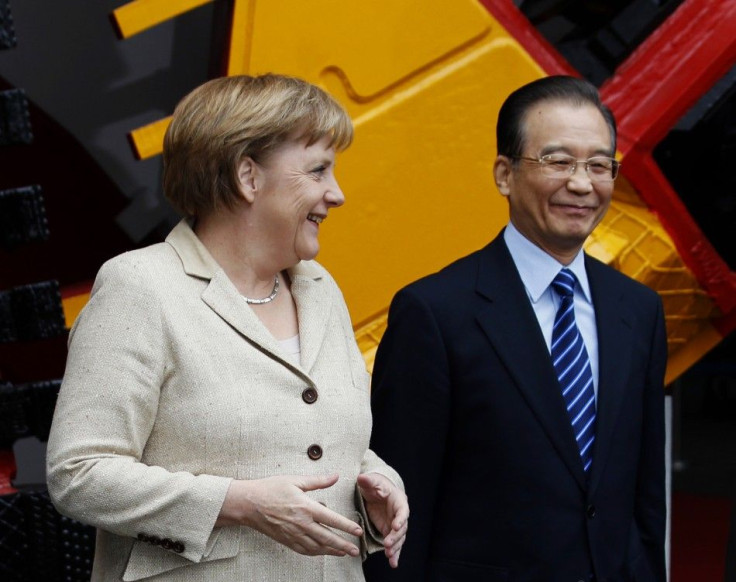China-EU Summit: Dragon Eyes Major Debt Stakes

The ongoing Eurozone debt crisis and the efforts to find a way out and save the single currency could potentially shake up and redefine the global economic equilibrium.
The most noteworthy outcome of the crisis, perhaps, is the increasing relevance of emerging Asian economies in the changing global scenario. As never before, China, the world's fastest-growing major economy, is now being eagerly looked upon by EU leaders as a potential ally who can play a significant role in the efforts to bail out debt-ridden economies in the zone. The 14th EU-China summit to be held in Beijing on Feb. 14 is crucial for the efforts aimed at boosting EU's recovery.
According to a spokesman of China's foreign ministry, the summit will focus on bilateral cooperation and the current debt crisis. The event was originally planned for October 2011, but had to be put off as EU leaders were busy working on potential solutions at the peak of the debt crisis.
As a major investor in Europe's debt market, China has vital interests in the continent's economic future. Whether some European countries can overcome their difficulties and recover from the crisis is vitally important for China. China has consistently been quite concerned with the state of the European economy, China's deputy foreign minister Fu Ying stated last year.
Chinese president Hu Jintao and premier Wen Jiabao are due to meet European Council president Herman Van Rompuy and European Commission president Jose Manuel Barroso to discuss the challenges in the context of the debt crisis and ways to boost bilateral deals.
China has time and again expressed its willingness to invest a major portion of its reserves in European debts. Greece and Portugal, the EU countries with the highest debt figures, received Chinese support. Experts foresee China's active involvement in the bailout efforts especially in the context of the International Monetary Fund warning that the Asian giant's growth rate could be cut in half this year if Europe's debt crisis worsens.
Early last week, Jiabao met German Chancellor Angela Merkel. During the talks, the Chinese premier had expressed his country's willingness to contribute to the bailout efforts but insisted that Europe should do its part by introducing concrete measures to cut debts and adopt structural reforms. Helping Europe would amount to helping China itself, he said.
Meanwhile, Bloomberg has quoted a leading Chinese academic who predicts that China may move shortly to help Europe resolve its debt crisis by investing 100 billion euros ($132 billion). Apart from the opportunity to reap investment returns, China's strategic move may also boost its efforts to secure a greater and more respectable political and diplomatic space that can match the western powers in the global state of affairs.
© Copyright IBTimes 2025. All rights reserved.





















